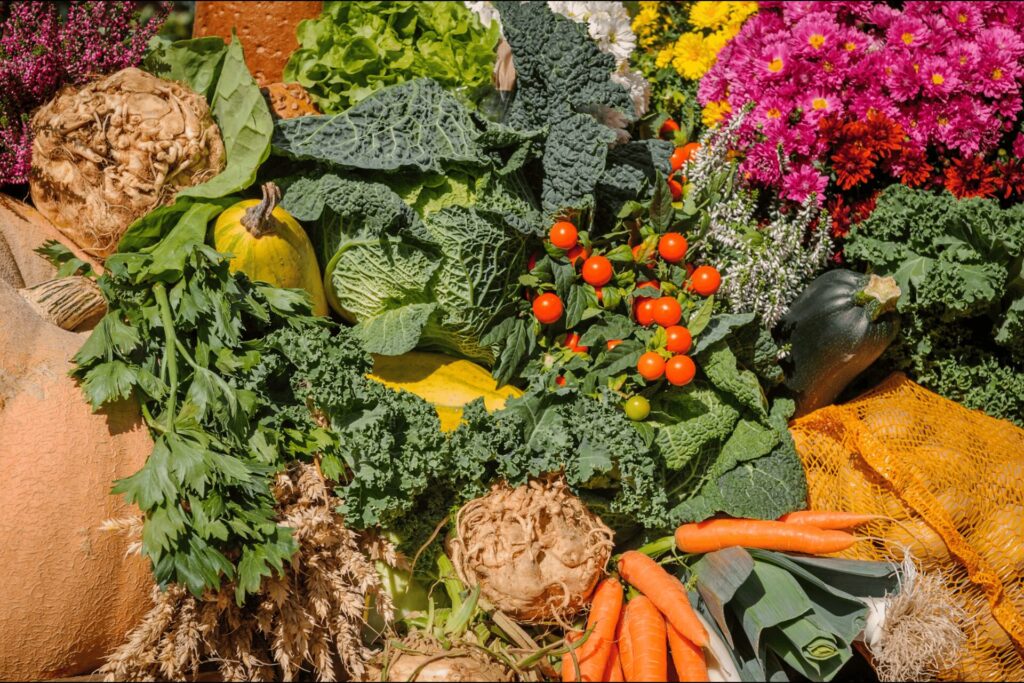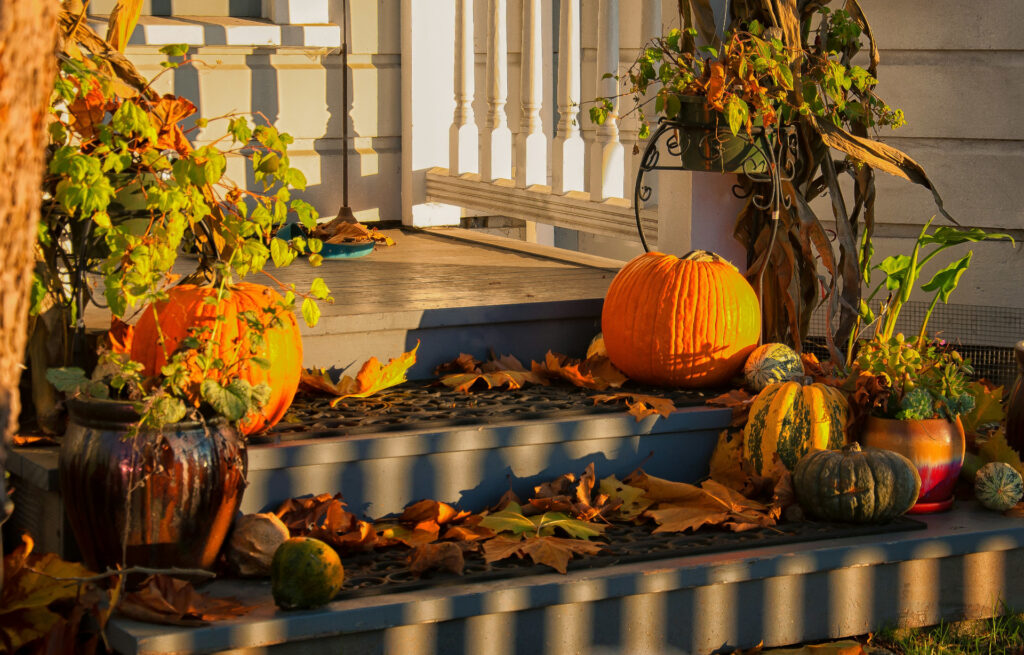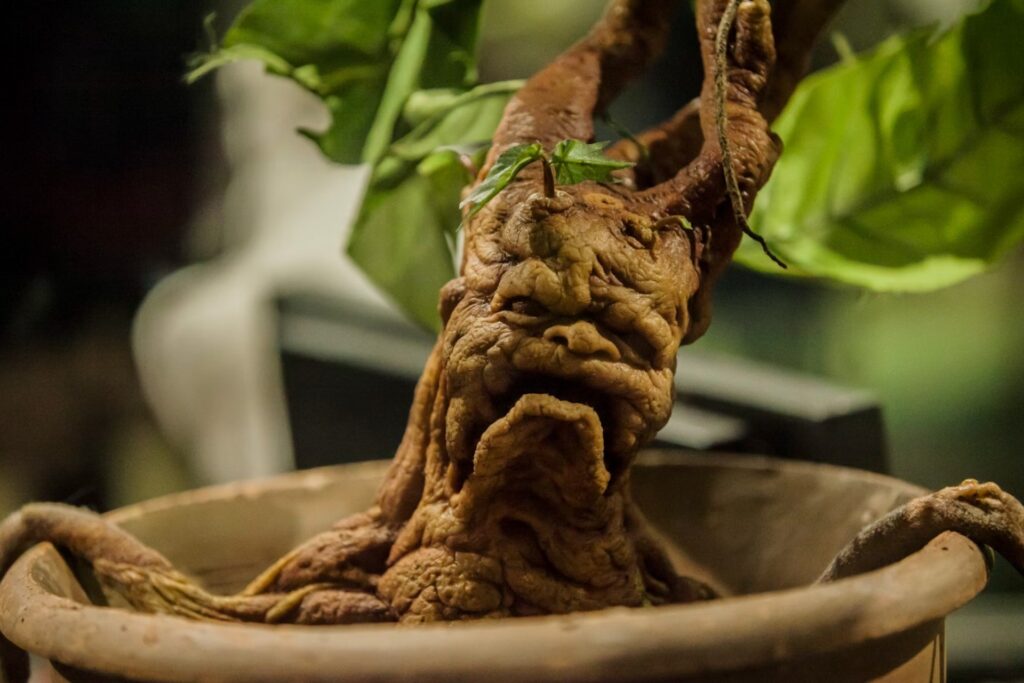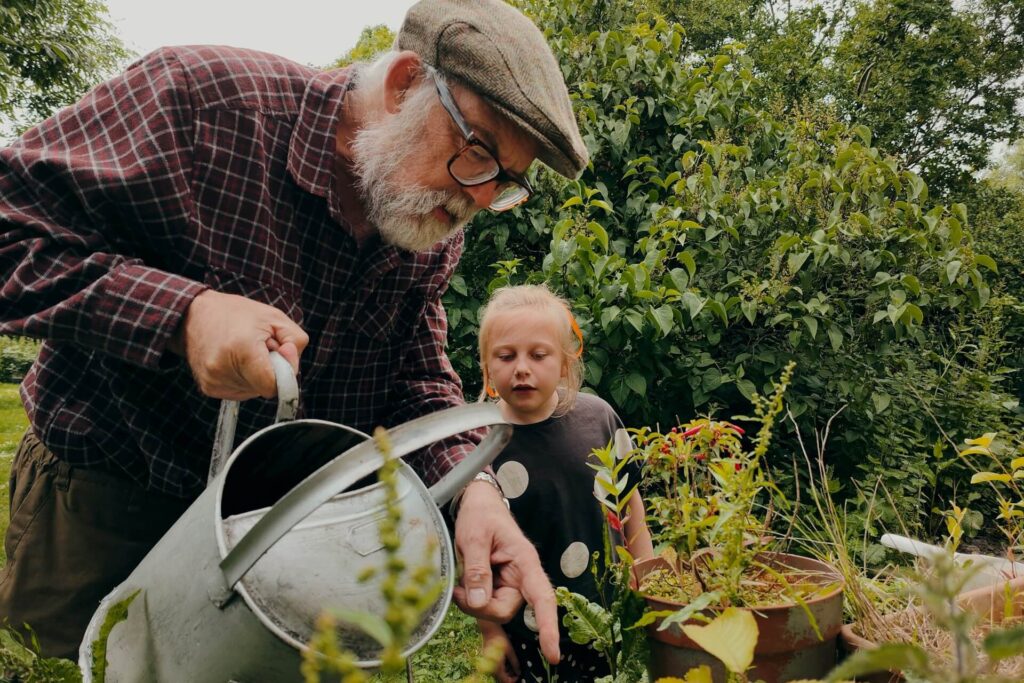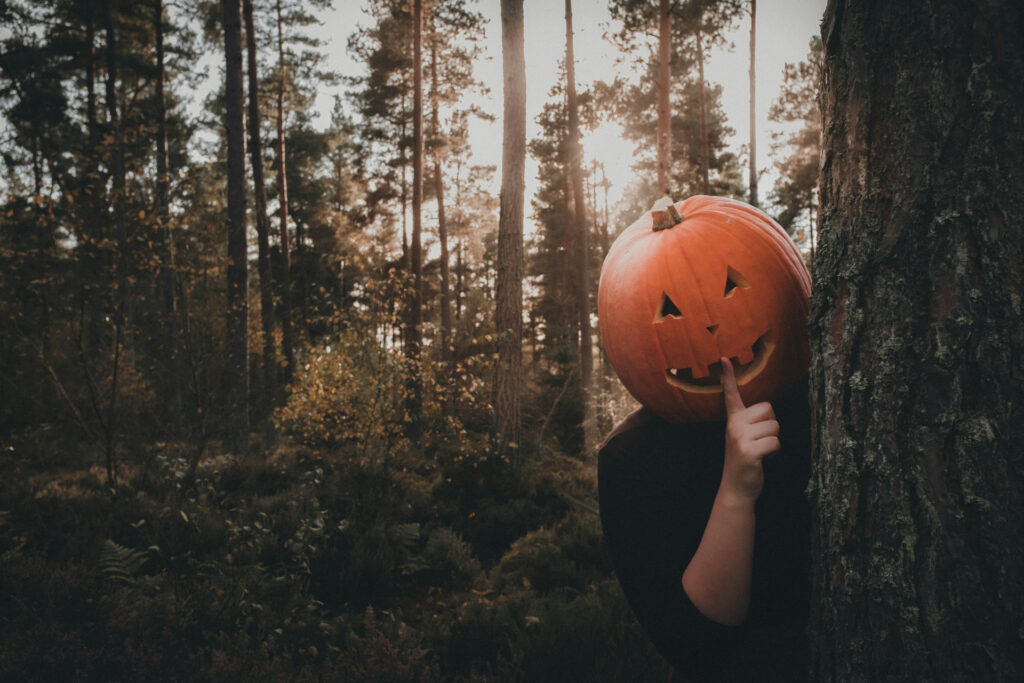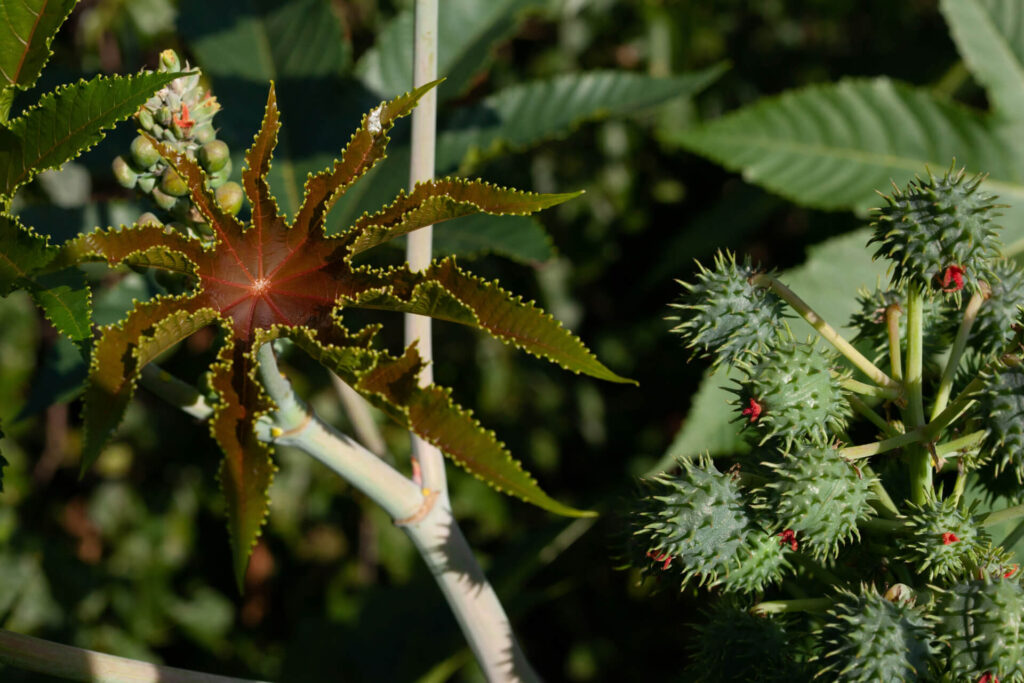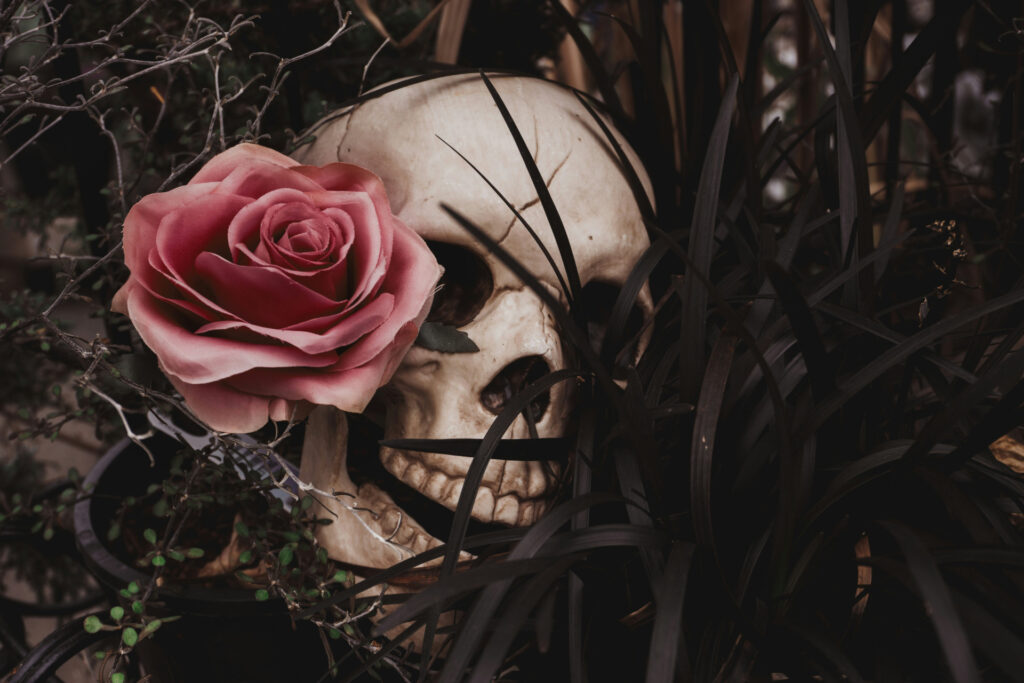Haunted Harvest: Disturbing Vegetable Facts That Will Make You Think Twice
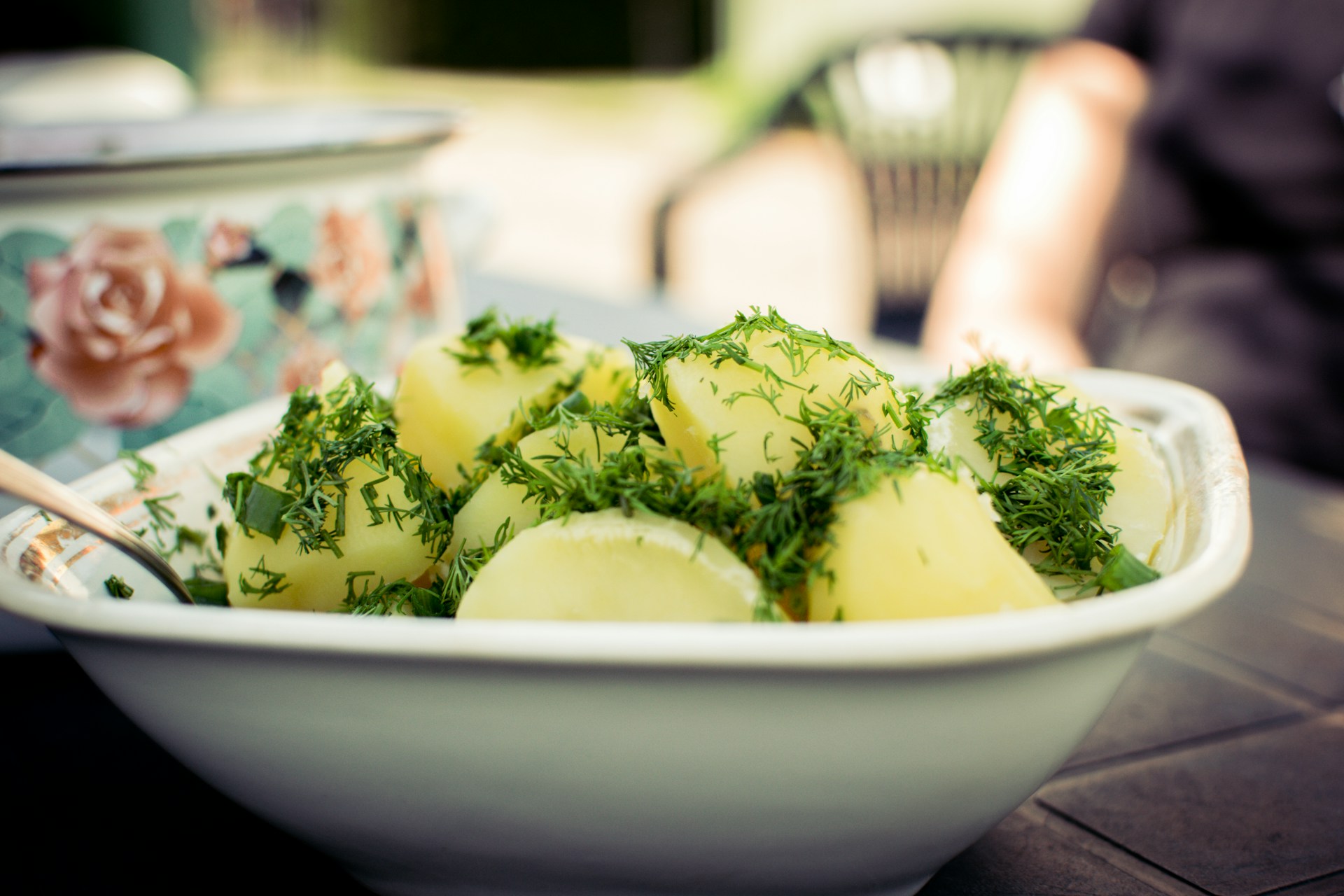
We are reader-supported. When you buy through links on our site, we may earn an affiliate commission.
With Halloween coming soon, people seek out the spooky and strange in all things. However, you don’t have to look very far, as the most unsettling secrets might lurk in your garden space or vegetable drawer.
You’re not just going to learn about surprising things you didn’t know about vegetables, like how baby carrots are actually regular carrots processed and cut. It’s about the disturbing vegetable facts that sound surreal.
Plants and Vegetables With Unexpected Secrets
With common veggies and questionable plants all around, it’s better to be safe than sorry. Here are weird vegetable facts that will intrigue and spook you.
1. Steer Clear of Green Potatoes
Potatoes are one of the most versatile foods out there. But while there are many colors of them out there, avoid getting anything that looks green, as it indicates a high glycoalkaloid content. This substance can make you nauseous and confused. Some even cause diarrhea or death.
If you want to be sure that your taters are safe, hold them up to the light and they should appear green if it has glycoalkaloids. Check the leaves, sprouts and tubers if they’re attached, as they tend to harbor most of this toxic substance.
2. Wild Mushrooms Have Wild Effects
Look, mushrooms have always been a vegetable to be wary of. For the most part, they’re peaceful and serve as great additions to your favorite dishes like pizza and soup. However, some wild mushrooms like the death cap and destroying angel are a no.
Those kinds of wild mushrooms can create abdominal pain and induce vomiting. Diarrhea, dehydration and intense thirst are also lethal side effects. If worst comes to worst, there’s also liver failure, coma and death.
3. Amaranth Was an Aztec Antique
Amaranth is known as an excellent gluten-free grain. However, gardening content creator and podcaster at Plantrums Megan Brame, says that it was used by the Aztecs to create likenesses of their gods. “They’d mix it with milk or blood and create a 3D statue. Priests would carry the statue through a procession then break it apart to give the masses, like a communion.”
Brame then says the Conquistadors banned it because they found it blasphemous and growing amaranth was punishable by maiming or death. “Some strains are called ‘pigweed’ but I much prefer the ever-so-goth ‘Love Lies Bleeding’ variety,” she adds.
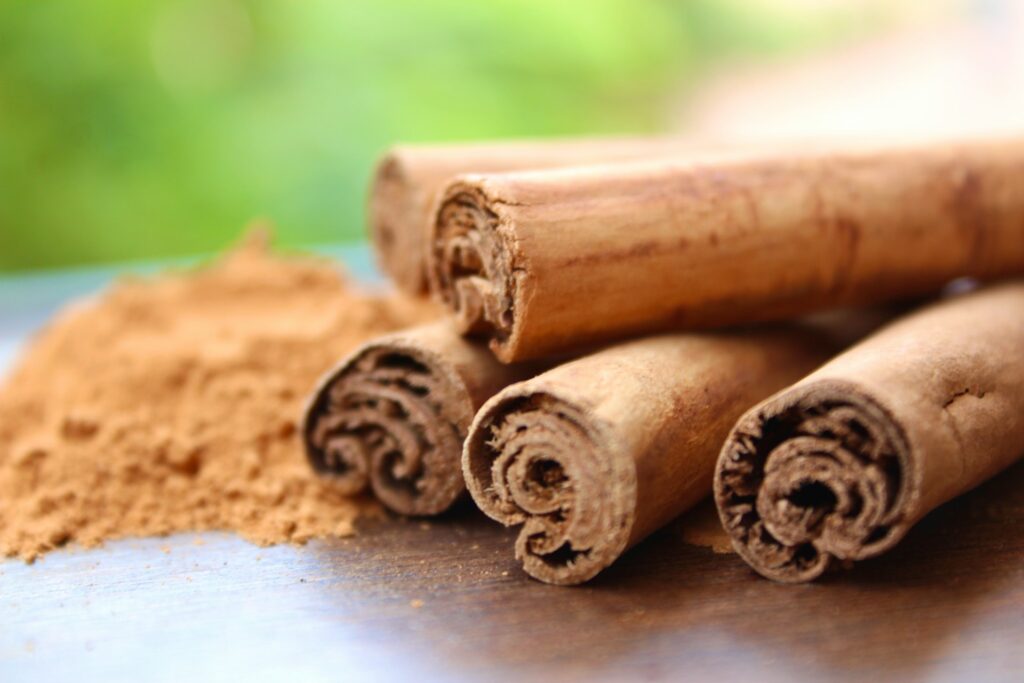
4. Cinnamon Is An Impostor
Did you know that there’s only one true cinnamon tree? One of the more unusual vegetable facts, but Brame reveals that Cinammonium verum is the real one and only grows in Sri Lanka. “It’s actually not the cinnamon we have in our spice cabinets. That version, though it’s called cinnamon, is often actually Cassia [like] Cinnamonium cassia, C. loreloi, C. burmani, etcetera.”
She elaborates that Cassia is a cheaper version with that trademark Cinnabon-style flavor. In fact, it’s much cheaper than C. Verum, and even well-known spice brands like McCormick use it instead.
5. Beware of the Castor Bean Seeds
The castor bean is a key ingredient in making castor oil for lubricants and paints. However, very few know that its unprocessed seeds contain ricin, which is lethal in small doses to people. It’s even been utilized in assassinations as a poison. If you’re trying to make a home remedy that utilizes these beans, ensure it’s been processed.
6. Chew Spinach with Caution
Another one of the more creepy vegetable facts involves spinach. It can contain hydrogen cyanide when chewed or digested, which can cause dizziness and stomach pain. Other foods also contain this too, like almonds and bamboo shoots. The good news is that cooking reduces the toxicity, so you’re more or less safe when prepared properly.
7. Aloe Plants Can Be Rather Deadly
Aloe plants are incredibly helpful. However, Marcus Griswold, the founder of Your Bug Club, says it should never be consumed. “While the clear gel inside of the plant is good for burns and skincare, there is a yellow layer between the outside of the leaf and the gel called latex. This latex can lead to stomach issues, kidney damage and possibly even death,” he says.
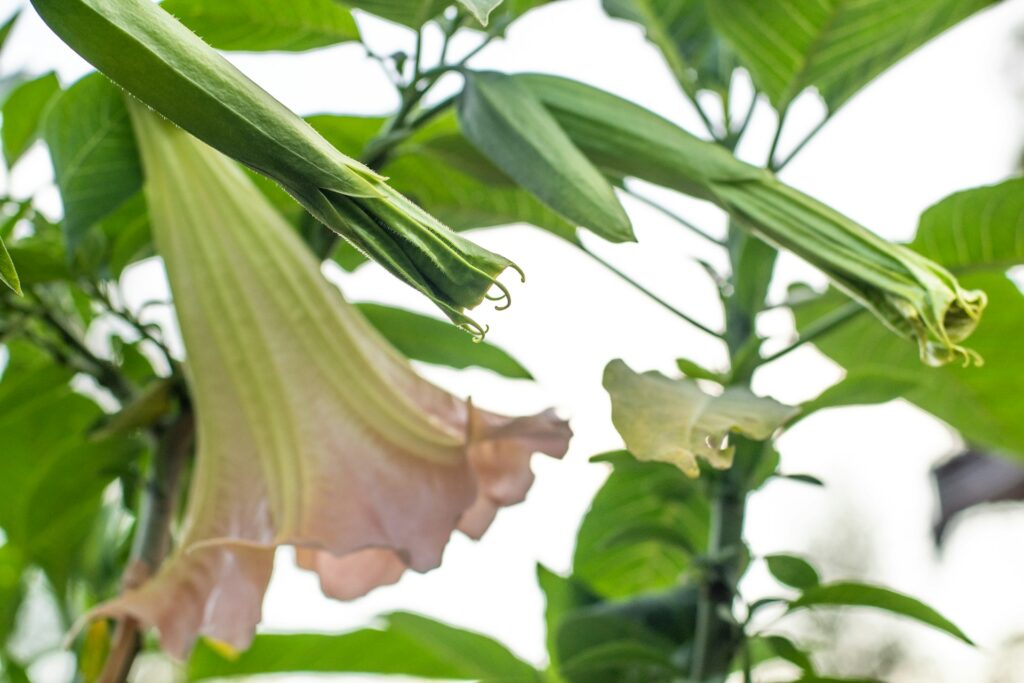
8. Angel’s Trumpet Makes You Delirious
Angel’s Trumpet is commonly found in many gardeners’ front yards where Griswold lives, and its appearance creates many assumptions. “The story is that simply inhaling its scent before bed can cause vivid dreams,” he shares. “But all parts of the plant contain tropane alkaloids including atropine and scopalamine, which can affect the heart and lead to delirium.”
9. Yew Are Not Great For You
Yew is a popular plant used to improve the aesthetic appeal of hedges and gardens due to its needle leaves and berries. However, it can also contain a poisonous alkaloid called taxine, which can cause cardiac arrest. If you’re looking to improve your landscaping, consider other alternative shrubbery instead.
10. Onions Are a True Tearjerker
Okay, maybe onions making you cry isn’t new information. However, one of the little-known vegetable facts about why it does that is because it tends to absorb sulfur while planted. When you cut into it, all those chemicals are vaporized and released into the air, which burns your eyeballs ever so slightly. Kind of cool, right?
Frequently Asked Questions
What Vegetable Was Used for Halloween Before Pumpkins?
Pumpkin are a Halloween classic. However, back In Ireland and Scotland, people carved scary faces into turnips to create the first Jack-o’-lanterns. They’d put them into windows or nearby doors to ward off evil spirits.
What Vegetable Was Thought to Have Supernatural Powers?
Parents would lie about vegetables making you super strong, but some greens have more misconceptions than others. For example, unmarried women thought that cabbage could reveal future details about their partner depending on how it grew.
Are There Any Truly Poisonous Vegetables?
Generally, most vegetables with toxicity levels are fine. However, some parts of some common vegetables can be toxic. For example, the green skin on potatoes can contain natural toxins and should not be ingested.
What Are the Most Unappetizing Facts About Vegetables?
Most people try to make vegetables more appetizing rather than the other way around. But to indulge your query, an analysis found that 75% of non-organic fruits and vegetables have pesticide residues.
Knowledge is Power with These Disturbing Vegetable Facts
Knowing disturbing vegetable facts is a bit of a double-edged sword. On one hand, you can now impress others with your newfound creepy knowledge. On the other hand, you may start to second-guess the food and plants around you. Regardless, have a happy Halloween!
